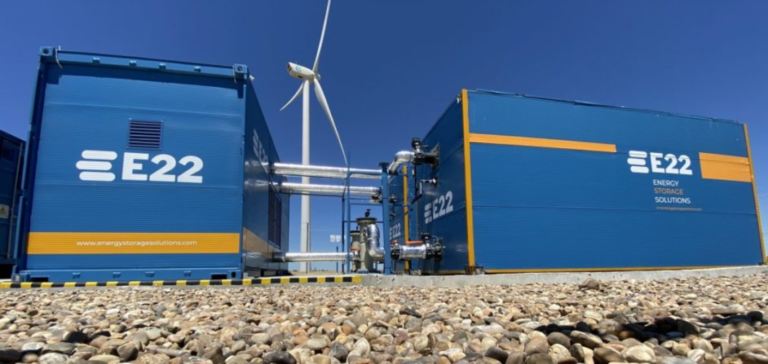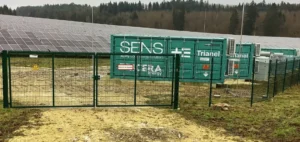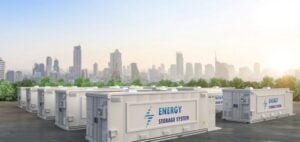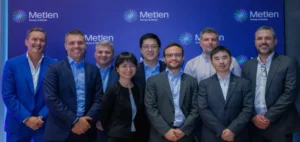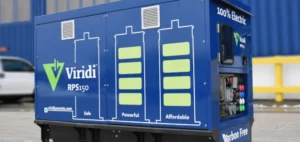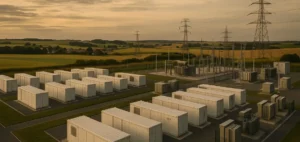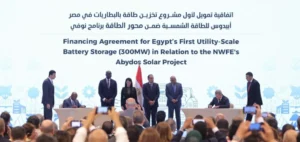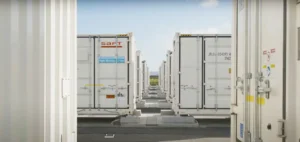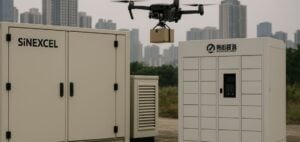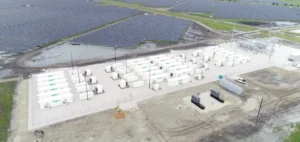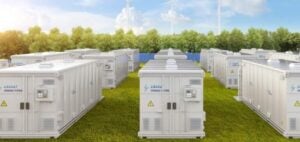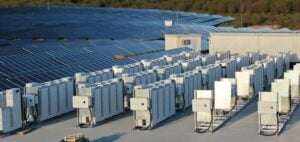LDES (long duration energy storage) are developing in parallel with renewable energies because they are necessary for decarbonization.
An essential development
The development of LDES is essential to contribute to the fight against climate change. It is the perfect complement to clean but intermittent energy sources. Energy storage is indeed necessary when the intermittency of solar and wind energy prevents the production of energy.
Storage technologies already exist. However, the development of LDES is not enough. These technologies have the potential to ensure system reliability by enabling cost-effective decarbonization of power systems.
In recent years, lithium-ion batteries have received increasing interest. However, these batteries lack economic competitiveness for long-term energy storage. In addition, they have safety and sustainability issues, including thermal runaway and significant recycling costs.
Long-term storage technologies already exist and are promising. Their use seems more appropriate than lithium-ion batteries for many purposes. However, the cost of these technologies is expensive and efforts are needed to reduce it.
Various LDES technologies
Various LDES technologies already exist, each at different levels of maturity and market readiness. Among these, the RFB (Redox flow battery) technology is characterized by its ease of adaptation. It has a long service life and high operational safety. These characteristics make these batteries suitable for stationary storage.
However, this technology suffers from its low energy density compared to lithium-ion batteries. Within the RFB technology, VRFB (Vanadium RFB) batteries have been more widely deployed to date. High initial investment costs hindered their adoption.
The fluctuating cost of vanadium presents an additional challenge. Rapid scaling is needed to reduce costs and realize the potential of this technology. In addition, thermal energy storage and mechanical storage can also be interesting LDES technologies.
Thermal energy storage has the advantage of using cheap and abundant materials. However, converting heat into electricity in an efficient and cost-effective manner is a technological challenge. The mechanical storage is confronted with the need of a suitable topography for its development.

